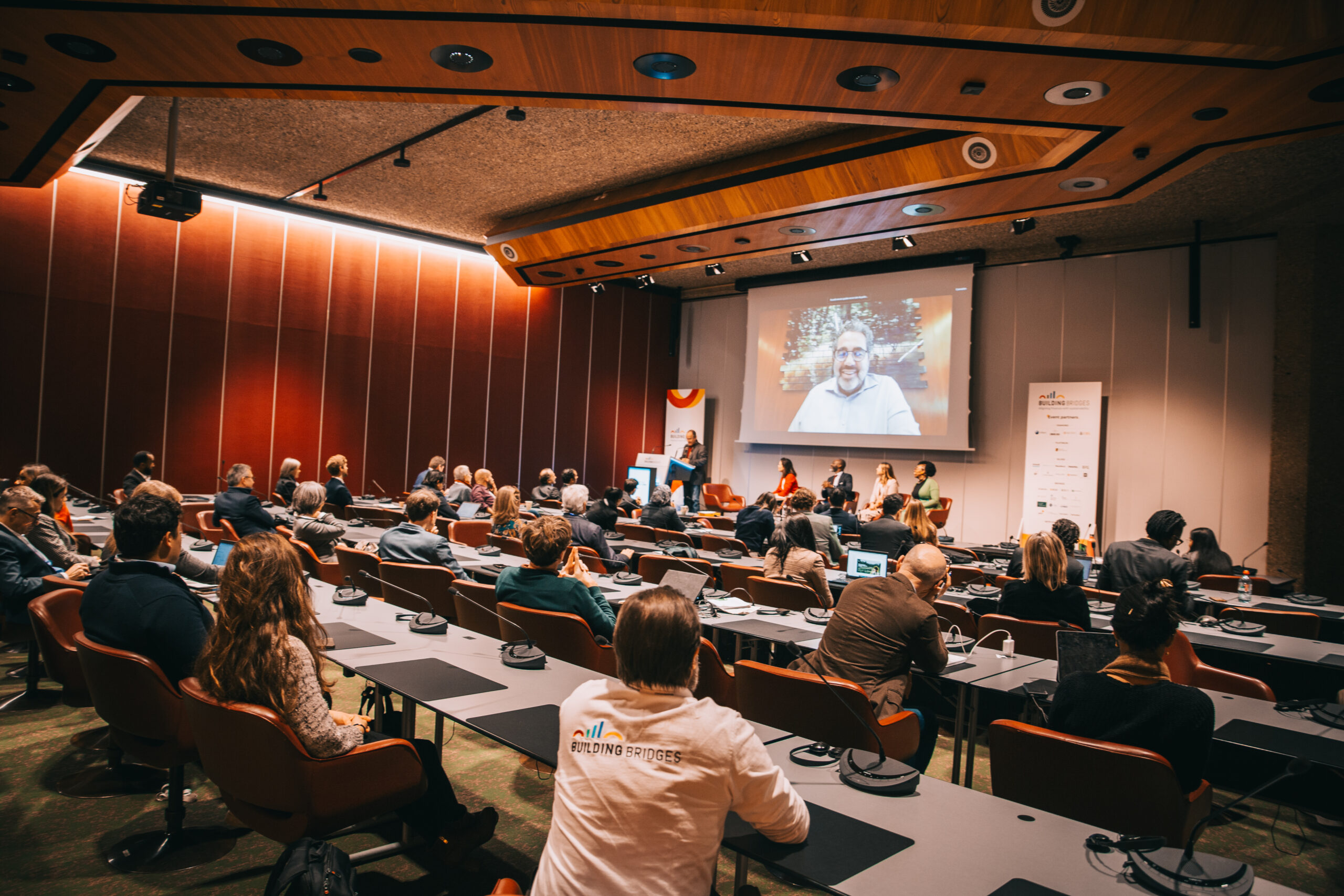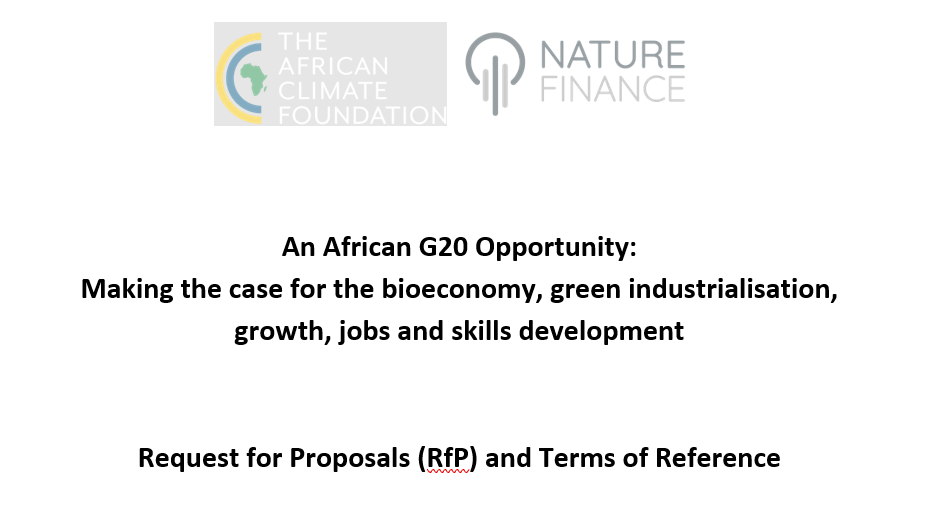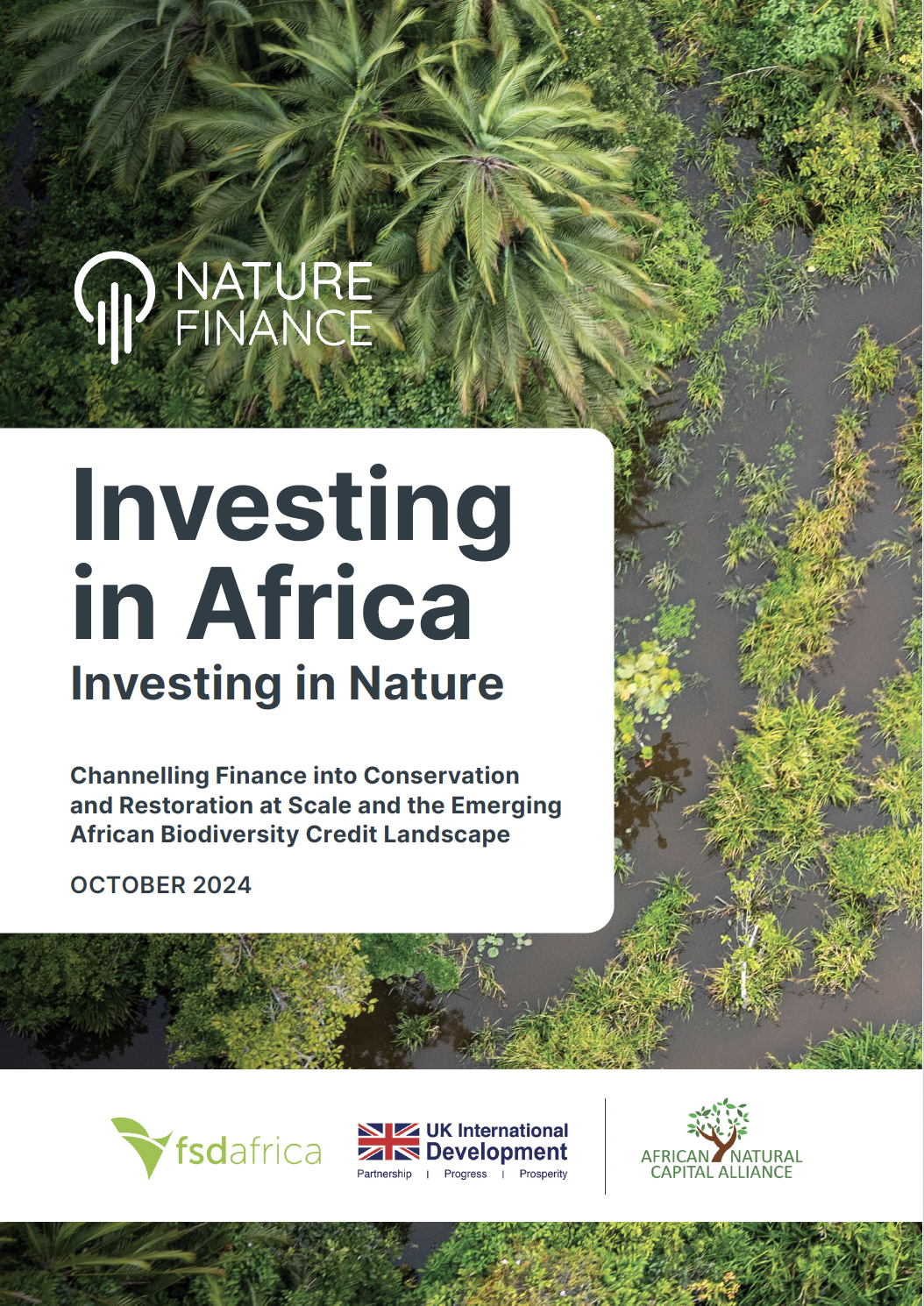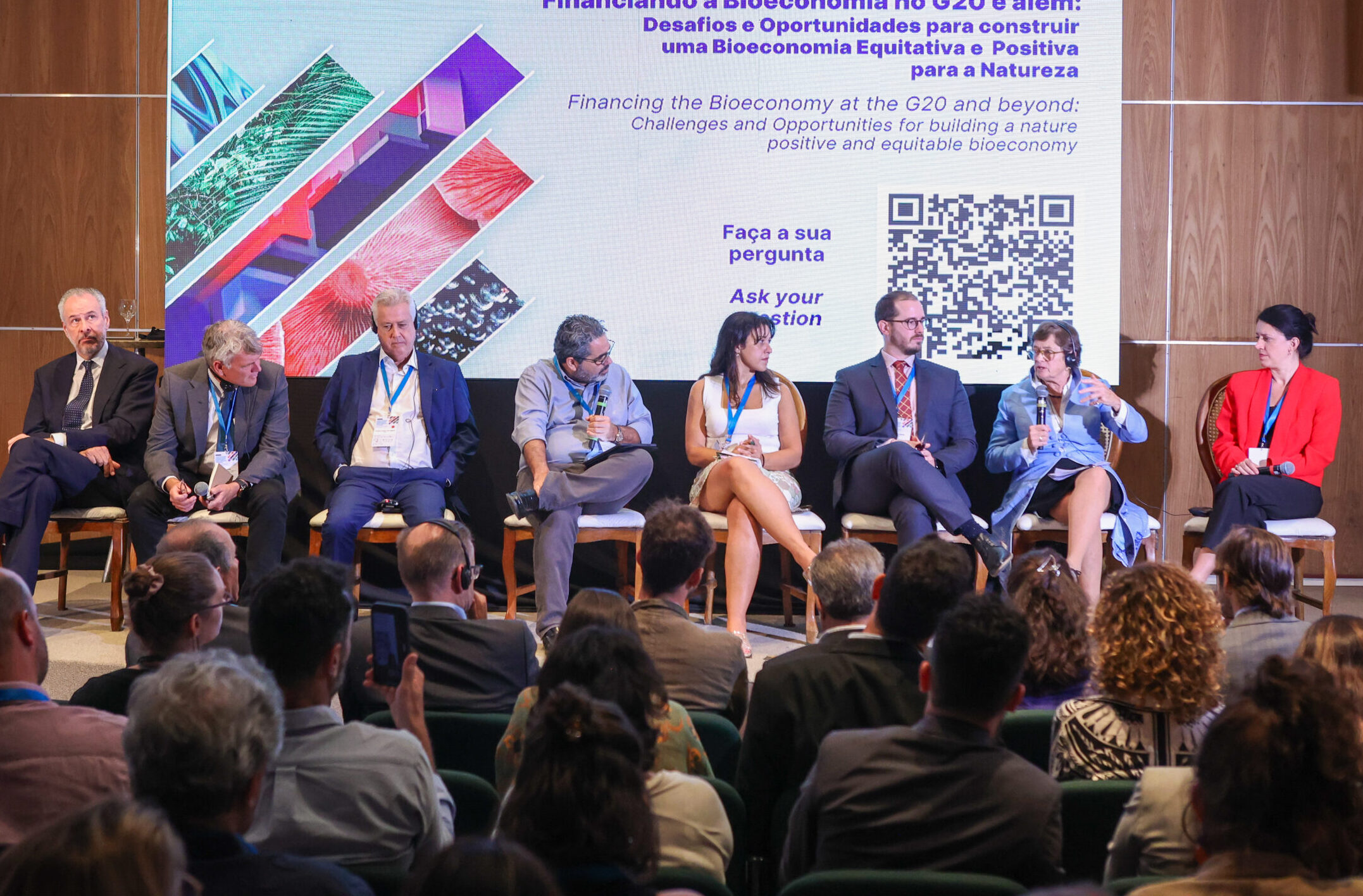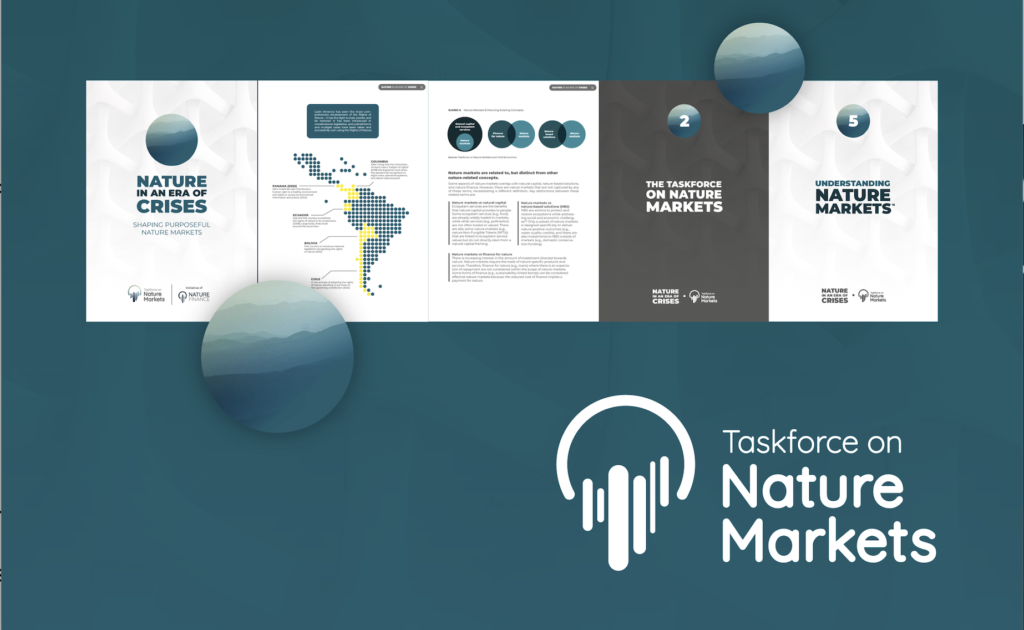
New paper presents economic sizing of nature markets in USD, and calls for robust governance of rapidly expanding nature markets to avoid greenwash, halt illegal markets and deliver nature positive and more equitable outcomes.
22 September 2022 – A new report from the Taskforce on Nature Markets maps a detailed taxonomy and economic sizing of nature markets, i.e. those markets that explicitly value and trade nature including voluntary carbon credits, conservation, soft commodities and nature-based solutions for carbon sequestration.
The ground-breaking research, being produced for a forthcoming Taskforce Knowledge Partner paper – finds nature markets already produce and trade more than US$7 trillion worth of goods and services annually, equivalent to 8.6% of global GDP.
More than half of this value comes from agricultural production alone. The study also finds that an estimated 1.2 billion hectares of privately owned asset value is estimated at US$ 8.6 trillion, 85% of which is agricultural land.
This is a ‘modest tip of the iceberg’ as increased awareness of nature’s vulnerability and value scales up products that quantify and protect the natural world.
“Nature markets are a bridge to a total shift in our economic system.” said Sandrine Dixon-Declève, Taskforce member, Co-President, Club of Rome and Chair, European Commission’s Economic and Societal Impacts from Research and Innovation Expert Group.
“The Sustainability-linked Sovereign Debt Hub will help develop sovereign debt markets to make them “We need to start by placing a value on nature within our current financial and economic architecture but can’t stop at that. A real transition requires not only financing change through low carbon and nature-based solutions but changing our financial and economic systems to truly service people, planet and prosperity at the same time”
The paper – Nature in an era of crises completes the first phase of the Taskforce on Nature Markets work in promoting equitable, nature-positive, and net zero outcomes for the world economy and nature.
Our US$95 trillion global economy depends 100% on nature and faces multiple climate and nature crises over the coming decades-including heatwaves, droughts, supply chain disruptions, and floods. The paper states that if nature is explicitly valued and traded in nature markets, it creates an opportunity to deploy policy and market mechanisms that shape its value and the distribution of its economic benefits.
“We are witnessing the beginnings of a paradigm shift in trade principles that have burdened Africa for many decades.” said Carlos Lopes, Professor, Mandela School of Public Governance & African Climate Foundation Advisory Council Chair.
“An emerging political environment is advancing the notion that productivity is going to be replaced by other concepts like near-shoring, reshoring, onshoring, and the like. This, coupled with critical elements relating to the climate transition and geopolitical security issues are catalysing the shift. We are witnessing a tectonic shift of trade rules, from calls to further liberalize towards other key considerations, offering a unique opportunity to make trade a means to development, not an end in itself”
Nature markets are already booming in sectors from credit to commodities, and increased awareness of nature’s vulnerability and value is rapidly scaling up nature’s part in the economy. Our dependence on nature is moving from something that is invisible and under-valued to one that is explicitly recognized, valued, and traded.
“Working on the legal and illegal dimensions of nature markets is a powerful way to embed due diligence across business and finance and expose not just illegal deforestation, but also illegal mining, fishing, as well as illegal dumping and wildlife trafficking.” said Dr. Rhian-Mari Thomas, Taskforce member and Chief Executive, Green Finance Institute.
Most nature markets are not specifically designed to achieve sustainable economic prosperity [CF1] and may actually be drivers of nature loss. The Taskforce argues that well-governed nature market scan channel investments towards economic assets that deliver equitable, nature positive outcomes, and away from those that do not.
If market scan be shaped to treat nature as a regenerative asset they could be a critical part of addressing the inextricable crises emerging at the finance-nature nexus.
“Our goal is to make people moreaware of the value of nature, its presence in everything we consume, and how fragile the precious balance it affords is, thus mobilizing global efforts tohave nature adequately priced and protected.” said Joaquim Levy, Taskforce Member and Director for economic strategy and market relations, Banco Safra S.A.
You can read the full report here
-ENDS-
Notes to editor
For more information, please contact:
- Joanna O’Malley, NatureFinance (Formerly known as Finance for Biodiversity Initiative (F4B) ) Tel: +44 7360760530 |e: joanna.omalley@naturefinance.net

